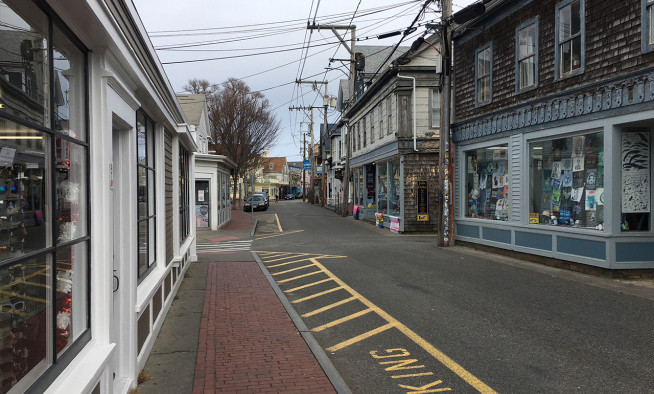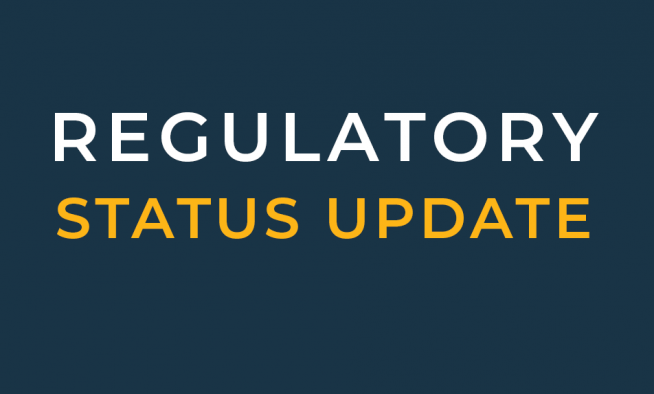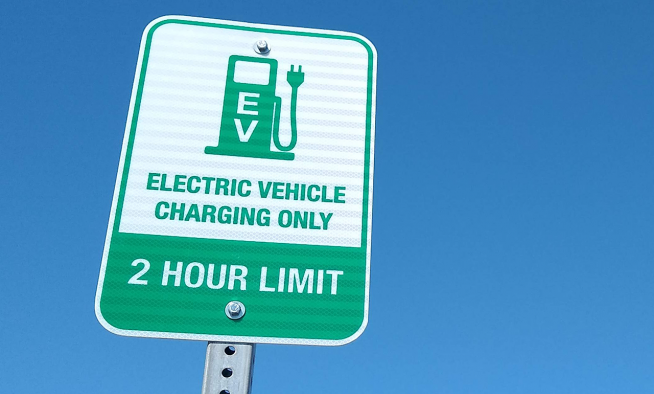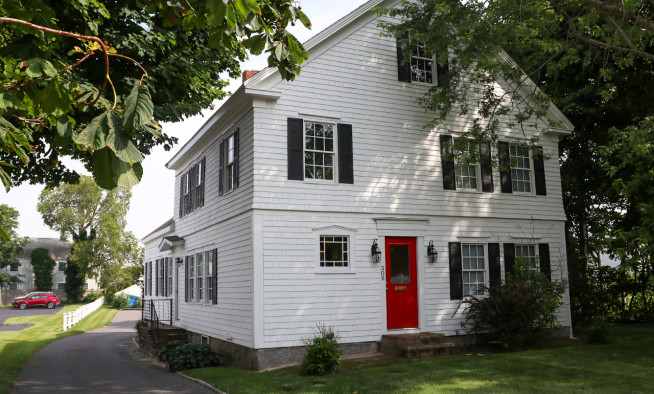OneCape 2023: Innovative strategies to improve our region's fresh and coastal water quality
Over the years, the OneCape Summit has provided a venue for transformational water quality discussions. This year was no different, as plenary and breakout sessions on both days highlighted continued efforts to protect and preserve Cape Cod's freshwater and coastal resources.
Commission Deputy Director Erin Perry provided a comprehensive update on the Cape Cod Freshwater Initiative, launched at OneCape 2022. Over the past year, staff and partners have made major strides, including significant data collection, stakeholder engagement, an ongoing economic analysis, identification of strategies to address impairments, and work to make existing data easier to access and understand.
Perry announced the launch of a new Local Stories tool designed to collect pond stories from the community to better understand and characterize ponds' important role in our community. A broader stakeholder engagement process to gather input, build consensus on a path forward, and develop recommendations that support the health of our freshwater resources will begin this fall. The Commission issued a call to those interested in participating in the stakeholder engagement process.
EPA Region 1 Director David Cash noted the importance of water quality in Cape Cod's ponds, estuaries, and embayments. Cash said that the EPA is investing in addressing issues caused by increased nutrient loading and harmful algal blooms driven by increased temperatures and unsustainable development practices.
"The Healey administration knows what an important contribution the Cape is to our state," said Rebecca Tepper, Massachusetts Secretary of Energy and Environmental Affairs. "The coastline, ponds, marshes, and waterways are an important part of our culture and economy. There is so much opportunity here, and we must continue to protect Cape Cod by addressing water quality and advancing clean energy and climate mitigation."
Nitrogen pollution, Tepper said, is one of the most pressing environmental and economic problems facing the state, and the underlying cause comes from inadequately treated wastewater, septic systems, stormwater runoff, and fertilizers. Tepper praised the efforts of the Massachusetts Department of Environmental Protection (DEP) and its new watershed permit and Title 5 regulations.
“DEP’s new watershed permit regulations empower communities to develop comprehensive solutions tailored to fit their needs and the needs of the watersheds which have been degraded by nitrogen,” said DEP Commissioner Bonnie Heiple. These new regulations, Heiple said, were created in a collaborative process inspired by the Commission’s 208 Plan development. “The perspective of Cape leaders, businesses, and residents informed the development of an innovative, and we believe effective, path forward.”
Breakout sessions on both days highlighted work to improve freshwater quality. In a session on remote sensing, scientists from the National Oceanic and Atmospheric Administration shared how satellite imagery can be used to help us better understand our ponds, and scientists from Woods Hole Oceanographic Institution shared a study that showed the benefits of continuous monitoring of Sider Pond in Falmouth.
We dove beneath the surface of our Cape Cod ponds to learn more about ecology, how water quality issues impact fishermen, strategies to address our ponds, and details about the ongoing regional pond monitoring program.
More than 50 people attended a meeting of the Cape Cod Ponds Network, the second year in a row the group has gathered at the OneCape Summit.
Video and presentations from plenary and breakout sessions are available at: onecape.capecodcommission.org




